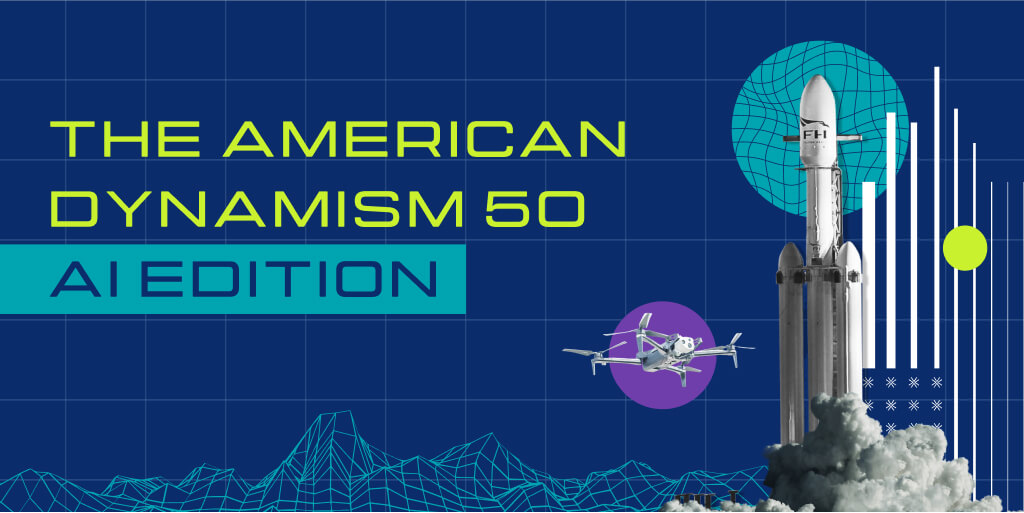The World Travel and Tourism Council (WTTC) and Microsoft have published notable reports underscoring the significance of Artificial Intelligence (AI) in transforming the travel and tourism sector. These reports underscore a dedication to exploring AI’s potential in enriching customer experiences and industry benchmarks.
As a prominent figure in the travel and tourism realm, WTTC is leading initiatives to foster innovation and promote the integration of state-of-the-art technologies like AI. Acknowledging AI’s capacity to improve sustainability and customer interactions, WTTC has highlighted its pivotal role in reshaping the industry.
WTTC has emphasized that AI is instrumental in providing tailored and enhanced experiences throughout travelers’ journeys. Through the analysis of traveler data, AI can facilitate personalized recommendations and real-time optimization of pricing strategies. Furthermore, advanced AI-driven chatbots can deliver immediate responses and refined interactions, thereby elevating customer satisfaction levels.
AI’s Potential to Revolutionize Travel
Furthermore, AI’s functionalities extend to predicting future demand trends, effectively allocating resources, and offering valuable insights for governmental bodies and stakeholders. This contribution is deemed critical in advancing sustainability efforts by overseeing and mitigating environmental impacts.
Julia Simpson, President and CEO of WTTC, has underscored that AI serves as a catalyst for positive transformations in the travel and tourism landscape. She emphasized, “The transformative capabilities outlined in this report illustrate that AI is not merely a technological advancement but a strategic tool capable of personalizing customer experiences, driving sustainable enhancements, and establishing real-time pricing models.”
Integration of AI in the Travel Sector
Despite the growing instances of AI utilization in travel and tourism, the report points out that the industry trails behind other consumer-centric sectors in AI adoption. Challenges such as a scarcity of AI-proficient professionals, inadequate AI infrastructure, and the lack of formal AI strategies in numerous business blueprints need to be addressed.
Businesses in the travel and tourism domain are encouraged to prioritize AI integration by investing substantially in talent to foster collaboration between human workforce and AI technologies. Despite apprehensions regarding AI’s impact on employment, WTTC asserts that it holds the potential to create job opportunities and unveil new prospects.
In the quest for sustainable AI practices, responsible data management emerges as a pivotal strategy. Practices like data minimization, efficient data storage, and responsible data disposal are crucial for organizations aiming to diminish their carbon footprint and AI’s environmental impact.
Julie Shainock, Microsoft’s Managing Director of Travel, Transport, and Logistics, echoed these sentiments, highlighting the role of Microsoft’s Azure OpenAI Models in enhancing productivity and enriching consumer experiences within the travel sector.
“For travelers, the ability to gain more inspiration and personalized offers during booking, access tools that aid them en route to their destination, and for us to anticipate their requirements with pertinent information to enhance their journey [is paramount],” she remarked. “For travel enterprises, GenAI serves to boost productivity, automate routine tasks, and enable our human-centered approach to shine during pivotal moments in travel.”






